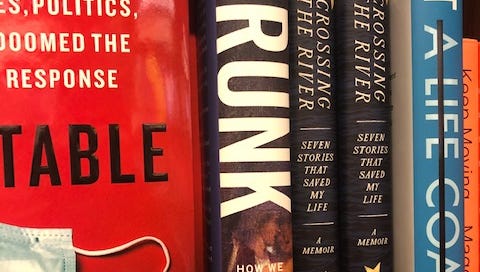How I Stumbled Upon The Book “Drunk”
On my trip last weekend to Boulder (Colorado), I spent an hour wandering aimlessly through Boulder Books. While in the new “non-fiction” release section, I stumbled upon a book that’s on my long list of reads called “Drunk: How We Sipped, Danced, and Stumbled Our Way to Civilization.”
As a Taoist philosophy enthusiast, I’ve long been a fan of the book’s author Edward Slingerland, whose bestseller Trying Not To Try: Ancient China, Modern Science and the Power of Spontaneity is one of my all-time favorites. It offers a deep dive into the gift of spontaneity— an ancient Chinese lifestyle that cognitive scientists in recent years have just started to wrap their heads around.
Now Slingerland, an academic scholar at the University of British Columbia specializing in Chinese thought, comparative religion, and cognitive science has released “Drunk” — a book that asserts that face-to-face engagement with others combined with easy access to alcohol can act as an accelerant for innovation and creativity.
The book’s description notes:
“Drawing on evidence from archaeology, history, cognitive neuroscience, psychopharmacology, social psychology, literature, and genetics, Slingerland shows that our taste for chemical intoxicants is not an evolutionary mistake, as we are so often told. In fact, intoxication helps solve a number of distinctively human challenges: enhancing creativity, alleviating stress, building trust, and pulling off the miracle of getting fiercely tribal primates to cooperate with strangers. Our desire to get drunk, along with the individual and social benefits provided by drunkenness, played a crucial role in sparking the rise of the first large-scale societies. We would not have civilization without intoxication.”
According to one Amazon reviewer:
“The book is not prescriptive in telling you how and when to consume alcohol to enjoy only its benefits. It does, however, tell you not to drink too many distilled spirits (wine or beer is better), and if possible, never, to drink alone.”
Honestly, I can’t wait to weave my way through what appears to be an interesting read before 2021 concludes. If you care to join me or have already imbibed the pages of this book then let me know.




